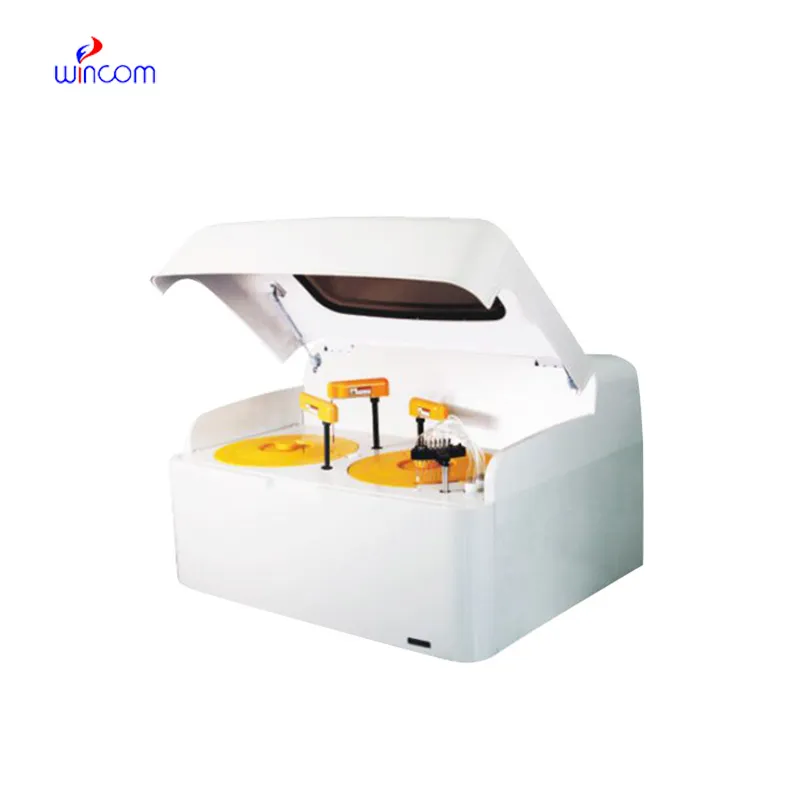
The weight limit mri machine takes advantage of the use of high-speed arrays of coils and gradient amplifiers to provide higher spatial resolution. The weight limit mri machine facilitates different diagnostic procedures such as brain mapping, musculoskeletal examinations, and vascular imaging. The weight limit mri machine offers smooth operation through automated calibration and intrinsic safety monitoring.

In spinal tests, the weight limit mri machine offers precise cross-sectional images of discs, vertebrae, and nerve roots. It helps diagnose disc degenerative disorders, herniated discs, and compression of the spinal cord. Unbelievable accuracy is achieved in measuring alignment and detecting inflammation by doctors using the weight limit mri machine.

The weight limit mri machine will continue to evolve with even greater control of magnetic fields and more sophisticated imaging pulse sequences. Next-generation systems will take ultra-high-resolution images capable of imaging microscopic tissue architecture. The weight limit mri machine will also provide improved patient comfort through noise cancellation and shorter scan times.

To maintain the weight limit mri machine in working condition, staff should clean the patient table, coils, and bore space on a regular basis. The cryogenic system of the machine should be filled and inspected to prevent magnet quenching. The weight limit mri machine also need to be protected from power surges with specialized electrical stabilizers.
The weight limit mri machine enables doctors to examine internal anatomy with unimaginable accuracy and non-surgically. It guides soft tissue, nerves, and blood flow patterns with magnetic resonance. The weight limit mri machine is also used to diagnose internal injuries and track disease progression over a period of time.
Q: Why do MRI machines make loud noises during scans? A: The noises come from the rapid switching of gradient coils that generate precise magnetic fields necessary for capturing detailed images. Q: Can MRI scans be done with contrast agents? A: Yes, sometimes contrast agents like gadolinium are used to highlight specific tissues or blood vessels, improving visibility of certain conditions. Q: How should MRI machines be maintained? A: Regular calibration, cryogen level checks, and environmental control are essential for maintaining stable magnetic performance and image accuracy. Q: Is MRI safe during pregnancy? A: MRI is typically considered safe during pregnancy, especially after the first trimester, but contrast agents are usually avoided unless medically necessary. Q: Can MRI be used in veterinary medicine? A: Yes, MRI is widely used in veterinary hospitals to diagnose brain, spine, and joint conditions in animals with the same precision as in human medicine.
This x-ray machine is reliable and easy to operate. Our technicians appreciate how quickly it processes scans, saving valuable time during busy patient hours.
We’ve used this centrifuge for several months now, and it has performed consistently well. The speed control and balance are excellent.
To protect the privacy of our buyers, only public service email domains like Gmail, Yahoo, and MSN will be displayed. Additionally, only a limited portion of the inquiry content will be shown.
I’m looking to purchase several microscopes for a research lab. Please let me know the price list ...
Hello, I’m interested in your water bath for laboratory applications. Can you confirm the temperat...
E-mail: [email protected]
Tel: +86-731-84176622
+86-731-84136655
Address: Rm.1507,Xinsancheng Plaza. No.58, Renmin Road(E),Changsha,Hunan,China